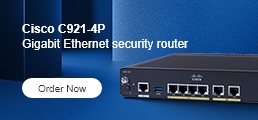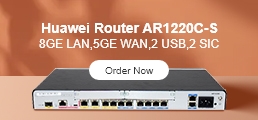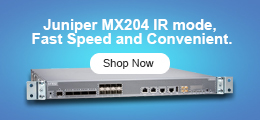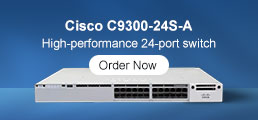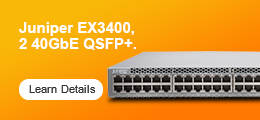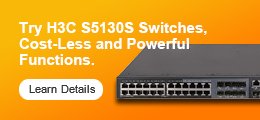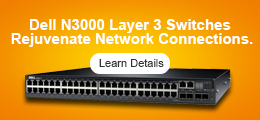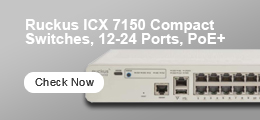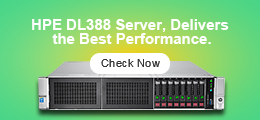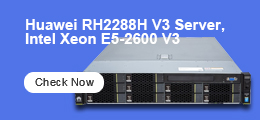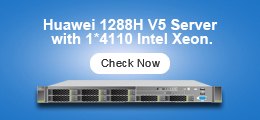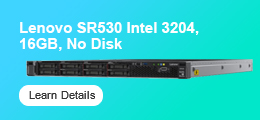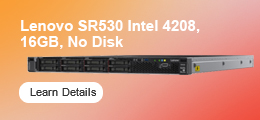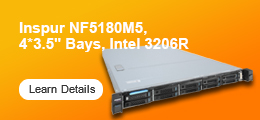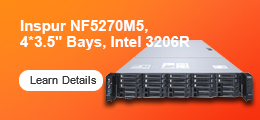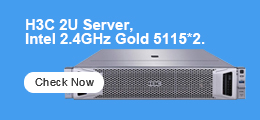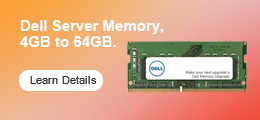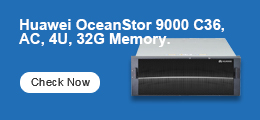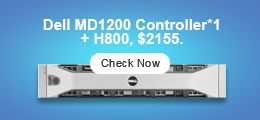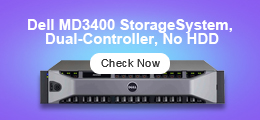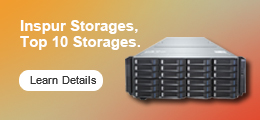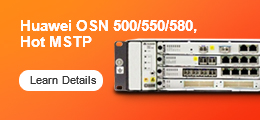IOPS vs. Throughput
IOPS- The time taken for a storage system to perform an Input/Output operation per second from start to finish constitutes IOPS.
Throughput- Data transfer speed in megabytes per second is often termed as throughput. Earlier, it was measured in Kilobytes. But now the standard has become megabytes.
Now, comes the big question and that is why IOPS and throughput matter?
Historically speaking, the performance of online transaction processing activity was entirely dependent on response time. The better the storage system IOPS was, the better was the online transaction processing rate.
But, nowadays it’s a bit more complex, as some of today’s database queries can depend as much on sequential database transfers (or throughput) as on individual IO response time. Thus, this endeavor is giving us a feeling that there are large components of response time critical workloads out there that perform much better with shorter response time.
On the other hand, high throughput is also getting a lot of importance, especially, when it comes to high sequential data transfer workloads such as data warehouse queries, video or audio edition environments and for big data workloads. In these environments MB/s is taken as a standard supreme- higher MB/s can lead to much faster workloads.
IOPS measures the number of read and write operations per second, while throughput measures the number of bits read or written per second.
Although they measure different things, they generally follow each other as IO operations have about the same size.
If you have large files, you simply need more IO operations to read the entire file. The file size has no effect on the IOPS as it measures the number of clusters read or written, not the number of files.
If you have small files, there will be more overhead, so while the IOPS and throughput look good, you may experience a lower actual performance.
IOPS - Number of read write operations mostly useful for OLTP transactions used in AWS for DBs like Cassandra.
Throughput - Is the number of bit transferred per sec. i.e.data transferred per sec. Mainly a unit for high data transfer applications like big data hadoop,kafka streaming
Hope it help.
Learn More:
What are the features of Huawei storage?
Computer storage comparison: primary storage vs. secondary storage




